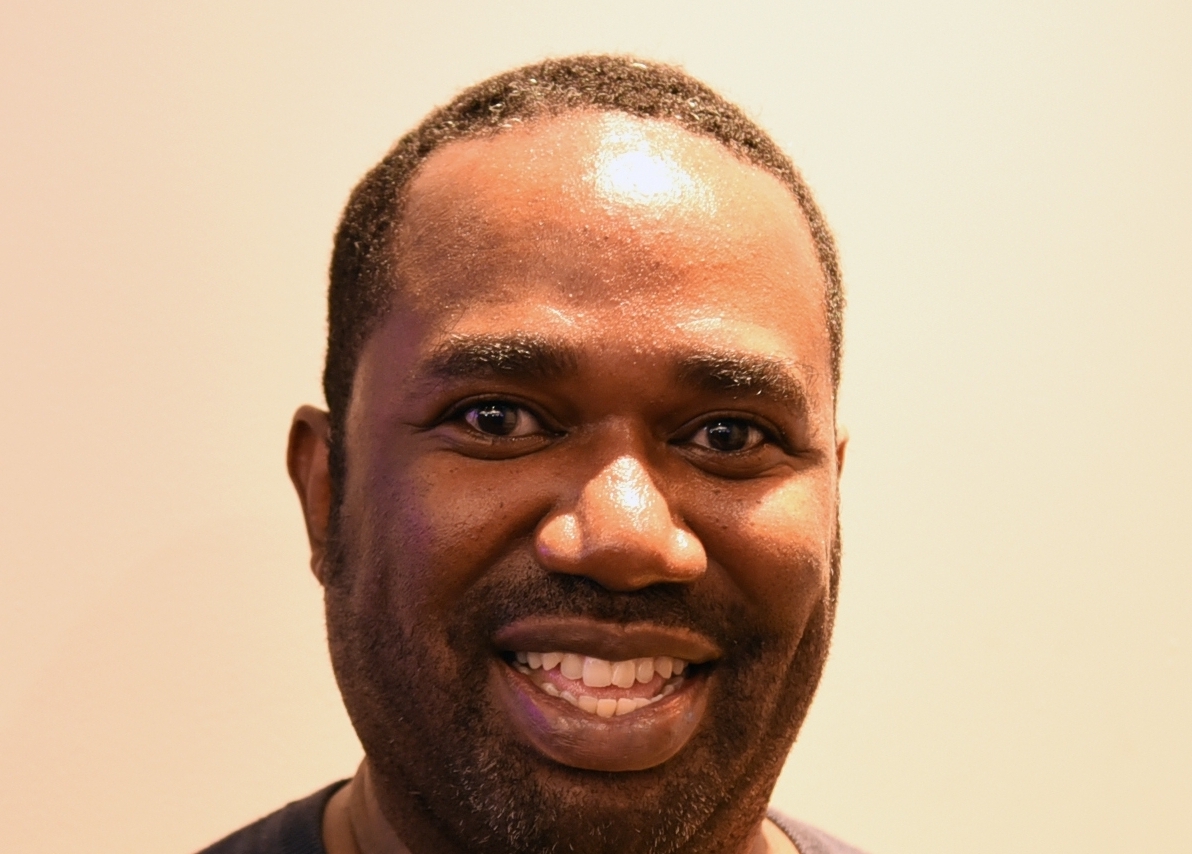Union leader recognized with Ed Blackman award
October 12, 2017
Excited to be starting her first day at the Toronto District School Board library in 1984, Yolanda McClean was shown the cold shoulder when she showed up.
Waiting for nearly 15 minutes at the front desk as the greeter went to retrieve the female supervisor who hired her seemed odd.
When the boss did emerge, she shook McClean’s hands and told her to take a seat while she and the person who greeted the new recruit went behind closed doors.
Left alone for another 15 minutes, McClean started to feel that something wasn’t right.
“When the supervisor came back out again, she told me there was no office space for me on that floor even though I could clearly see about three to four vacant offices,” recalled McClean. “She said they were going to send me two floors up to the fifth floor in the receiving department where I would be sorting books.”
That wasn’t the job McClean applied for.
She was there for an advertised position to read and critique children’s books.
The supervisor, who was off work with an injury, conducted the interview by phone and assured McClean the job was hers.
The only problem was her face didn’t match the voice when the interviewer saw her for the first time.
“I was there in the receiving role for three weeks and no one came to see me and find out how I was doing,” McClean recounted. “It was then that I realized that I was subjected to systemic racism. Two gentlemen working on my floor approached me one day and said they saw me crying.”
They suggested McClean contact her union.
She reached out to Colleen Costa who is now a unit vice-president with the Canadian Union of Public Employees (CUPE) 4400 Toronto Education Workers executive board.
The union represents 12,000 city education employees.
“Colleen said ‘we are going to fix this’,” said McClean. “We went back down to the third floor and I got an office. Back then, I could count on one hand the people of colour working there.”
After that unsettling experience, McClean became a champion for equality and voice for change and inclusion.
On a leave of absence from the TDSB for the last 14 years, she’s on the executive of CUPE 4400 which successfully nominated her for the Ed Blackman Memorial Award presented at CUPE’s 28th biennial convention in Toronto last week.
Raised in Winnipeg’s Point Douglas Neighbourhood, Douglas quit as a Canadian National Rail porter in 1961 to take up a job with the city’s streets and transportation department. He served for many years as president of CUPE Local 500 Winnipeg Civic Employees which was the city’s largest union with 6,000 employees and as vice-president on the national executive board, the first Black to hold an executive position on the national board.
Blackman, who retired from his local union as president in 1993, died in 2011 at age 78.
“I didn’t get the opportunity to meet Ed, but being the first Black on the national executive was quite significant,” said McClean. “He believed in social justice and equity for all and that’s why I am so honoured to be the recipient of this honour.”
Launched two years ago, the inaugural award was presented to Elizabeth Paris of CUPE 2300 in Nova Scotia.
McClean’s octogenarian parents attended the award ceremony.
Married 54 years ago, 88-year-old Leonard and 80-year-old Sylvia McClean are immigrants from Barbados and Nevis respectively.
“It was important for them to be here to see this because they have been my biggest supporters,” said McClean, the eldest of three siblings born and raised in Toronto.
She graduated from Oakwood Collegiate Institute and was employed with the Toronto Public Library for almost a decade before joining the TDSB.
In her fourth term as vice-president responsible for diversity with the national executive board, she’s also the CUPE Ontario board second vice-president.
Since 2013, McClean has been president of the Coalition of Black Trade Unionists, providing a strong voice for Black workers within the trade union movement and challenging organized labour to be more relevant to the needs and aspirations of black workers.






